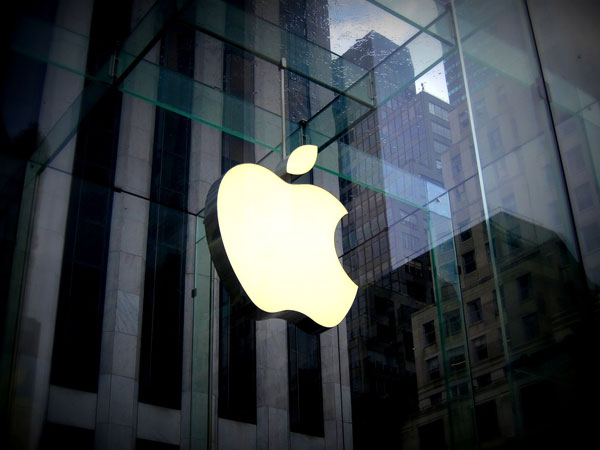Apple enters AI Arena with Apple Intelligence

[Apple Logo. Photo Credit to Pixabay]
On June 10, 2024, Apple unveiled its version of artificial intelligence (AI), Apple Intelligence, which will be integrated into many of its flagship products including the iPhone, iPad, and Mac.
Apple is certainly not the first to roll out products with AI-powered systems as Microsoft and Google have already taken steps in this direction.
AI integration in existing products has yielded some mixed results and some bordering on hilarity.
For example, Google’s AI has provided incorrect responses, stating that a dog had played in the National Hockey League, running while holding scissors could be beneficial to one’s health, and a suggestion to add “1/8 cup of non-toxic glue to the sauce” to help cheese stick to pizza.
Although Apple is late to the AI market, the company’s track record shows that being first is not always essential to achieving success.
At the Worldwide Developers Conference (WWDC) in June 2024, Apple announced its plans to integrate Apple Intelligence into its product lineup but emphasized that it would not be following a strict timeline.
While many are eager to try Apple’s new AI features, the company’s slower rollouts may prove advantageous.
A more deliberate rollout could allow engineers to concentrate on perfecting key functions, avoiding the pitfalls of past efforts to launch too many features at once.
In addition, the extended timeline will provide Apple with more time to develop and refine its AI capabilities in multiple languages, which is expected to be particularly time-consuming.
One of the glaring issues with AIservices, such as chatbots like ChatGPT, is that they hallucinate, which is the phenomenon of AI providing false or inaccurate information.
According to Swabha Swayamdipta, assistant professor of computer science at USC Viterbi School of Engineering and leader of the Data, Interpretability, Language and Learning lab, explained that AI models “generalize or make inferences based on what they know about language, what they know about the occurrence of words in different contexts.”
As a result, these systems often generate plausible-sounding facts that are not entirely accurate.
Apple will likely wish to minimize such errors as it rolls out Apple Intelligence.
At WWDC, Apple demonstrated some useful features of Apple Intelligence, such as prioritizing notifications, rewriting, summarizing, and proofreading text for emails, notes, and web browsing, recognizing people in photos and creating images and animations from said pictures, and much more.
A key highlight of the integration is Apple’s plan to enhance Siri’s functionality with Apple Intelligence.
The new system will allow Siri to understand context from a user’s device and provide relevant information.
For instance, if a user asks about a family member’s flight arrival, Siri could reference text messages or emails to provide the answer.
Siri will also be able to “summarize meetings and then text that recaps to colleagues.”
Many technology pundits have downplayed the announcement of Apple Intelligence as being trivial given the major advancements that have come along in AI, but many are optimistic about the company’s future in this space.
“Although I understand that Apple Intelligence features seem insignificant now, but I’m looking forward to what the future will hold,” states Jason Joo, a long-time Apple product user and enthusiast.
“Although Apple is late to the AI game, I’m certain that it will take its time for quality control purposes and people will start getting excited about Apple products again,” says Joo.
Apple revealed that it expects to begin integrating Apple Intelligence into its devices by late 2024 with broader availability expected in the first half of 2025.

- Anthony Kim / Grade 12
- Crean Lutheran High School

![THE HERALD STUDENT REPORTERS [US]](/assets/images/logo_student_us.png)
![THE HERALD STUDENT REPORTERS [Canada]](/assets/images/logo_student_ca.png)
